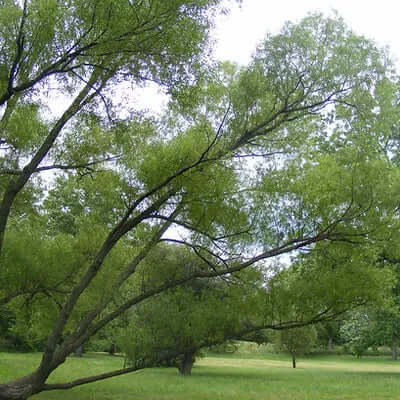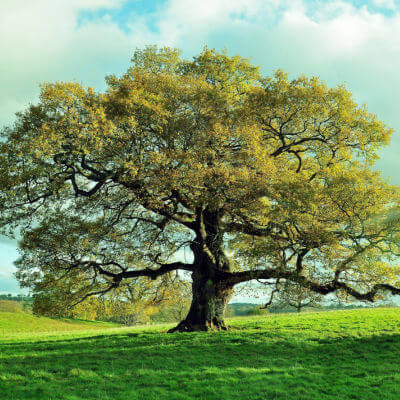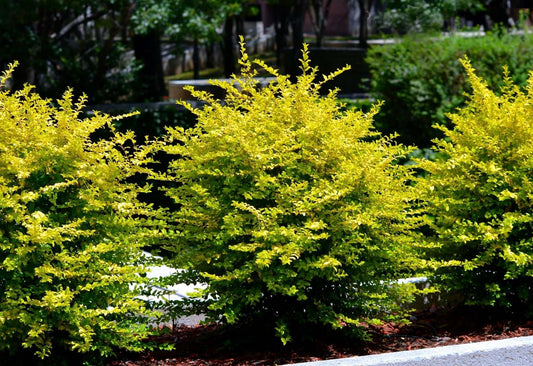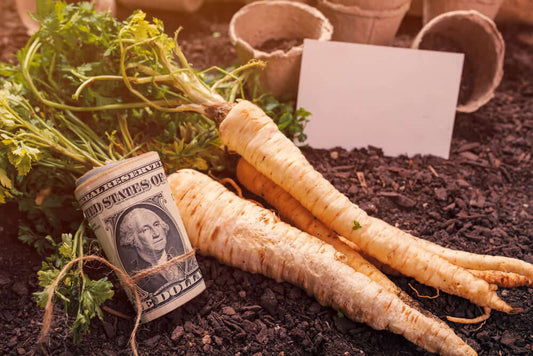Tennessee Wholesale Nursery Blog
Bushes Are Great For Landscaping
Bushes are great for small areas in landscaping. Whether you are someone who landscapes professionally or you feel as if your home could use a little bit of help, there...
Bushes Are Great For Landscaping
Bushes are great for small areas in landscaping. Whether you are someone who landscapes professionally or you feel as if your home could use a little bit of help, there...

Using Live Stake as Planting Material
Vegetation cover is very crucial for both human and man life. It is common to find a bar cleared by social or geographical disasters. Therefore, it is necessary to replace...
Using Live Stake as Planting Material
Vegetation cover is very crucial for both human and man life. It is common to find a bar cleared by social or geographical disasters. Therefore, it is necessary to replace...

The Mighty Oak
The Oak family of trees has been long known as the hardwoods of the forest or the mighty oak. There are hundreds of different types of Oak trees. Typically, when...
The Mighty Oak
The Oak family of trees has been long known as the hardwoods of the forest or the mighty oak. There are hundreds of different types of Oak trees. Typically, when...

Creating A Privacy Hedge
Privacy hedges are made up of shrubs and even trees that grow tall enough to block the view. That makes them just right around patios and around pools. Not only...
Creating A Privacy Hedge
Privacy hedges are made up of shrubs and even trees that grow tall enough to block the view. That makes them just right around patios and around pools. Not only...

Evergreen Trees For Privacy
Whether they are White Pine trees, Leyland Cypress trees, Arborvitae, or Norwegian Spruce trees, having an assortment of beautiful evergreen trees as part of the landscape will provide solace to the eye...
Evergreen Trees For Privacy
Whether they are White Pine trees, Leyland Cypress trees, Arborvitae, or Norwegian Spruce trees, having an assortment of beautiful evergreen trees as part of the landscape will provide solace to the eye...

How to Design a Garden on a Budget
The most successful and beautiful gardens are those that are well-planned, which is relatively easy to do. You'll want a variety of annuals, perennials, shrubs, and perhaps some trees. Use these tips to...
How to Design a Garden on a Budget
The most successful and beautiful gardens are those that are well-planned, which is relatively easy to do. You'll want a variety of annuals, perennials, shrubs, and perhaps some trees. Use these tips to...
